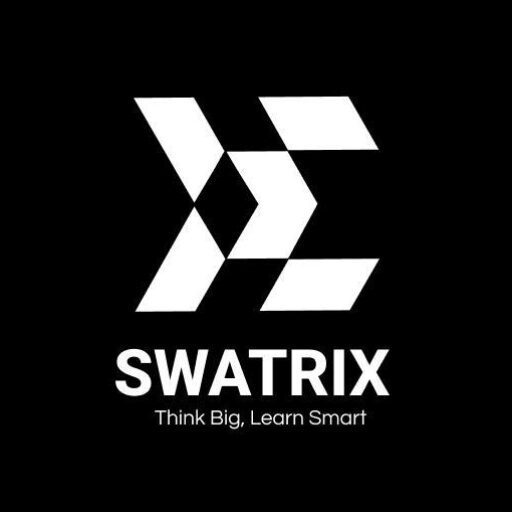Stock Marketing
Stock marketing refers to the buying, selling, and trading of company shares or securities in financial markets. It serves as a crucial platform for businesses to raise capital while providing investors with opportunities to generate returns on their investments. The stock market operates through exchanges where investors can trade publicly listed companies’ shares, and it plays a vital role in driving economic growth and facilitating wealth creation.
Reviews 4.7 (253 user ratings):
4.721 students
Price:
₹ 5000/-
The field of stock marketing encompasses various disciplines, including technical analysis, financial modeling, portfolio management, and regulatory compliance. With the rise of digital platforms and algorithmic trading, modern stock marketing involves complex strategies and advanced technology. While the stock market offers potential for substantial financial gains, it also presents risks related to market volatility, economic uncertainty, and regulatory challenges.

Course Descriptions :
“Introduction to Stock Marketing” provides a comprehensive overview of stock market operations, including its history, structure, and key players. Participants explore fundamental concepts such as equity, dividends, market indices, and the role of stock exchanges in the global economy.
“Fundamentals of Financial Markets” introduces the broader financial ecosystem, covering equity markets, bond markets, derivatives, and commodities. Participants learn about market dynamics, regulatory frameworks, and the interaction between different financial instruments.
“Technical Analysis for Stock Trading” focuses on the use of charts and statistical indicators to analyze market trends. Participants study price patterns, moving averages, and trading volumes to make informed buy or sell decisions.
“Fundamental Analysis and Valuation” emphasizes evaluating a company’s financial health through balance sheets, income statements, and cash flow. Participants learn to assess intrinsic value and make long-term investment decisions.
“Stock Market Instruments and Products” explores various financial products, including common and preferred stocks, exchange-traded funds (ETFs), options, and futures. Participants examine how these instruments are used for investment and risk management.
“Equity Research and Company Analysis” teaches participants how to conduct in-depth research on public companies. Topics include industry analysis, competitive positioning, and the preparation of investment reports.
“Portfolio Management Strategies” focuses on designing and managing diversified investment portfolios. Participants explore asset allocation, risk-return trade-offs, and modern portfolio theory to optimize performance.
“Behavioral Finance and Market Psychology” examines the psychological factors that influence investor behavior and market movements. Participants study cognitive biases, emotional decision-making, and their impact on trading outcomes.
“Algorithmic and Quantitative Trading” delves into automated trading systems and quantitative methods. Participants learn to develop and implement algorithms for high-frequency trading and statistical arbitrage.
“Risk Management in Stock Markets” covers techniques to identify, measure, and mitigate financial risks. Topics include value-at-risk (VaR), hedging strategies, and regulatory compliance to safeguard investments.
“Options and Futures Trading” provides a detailed exploration of derivatives trading. Participants learn about contract structures, pricing models, and strategies for leveraging or hedging market positions.
“Global Stock Markets and Economic Indicators” examines the relationship between macroeconomic factors and stock market performance. Participants analyze GDP, interest rates, and global indices to interpret market movements.
“Stock Market Regulations and Compliance” covers the legal and regulatory environment governing financial markets. Participants explore securities laws, insider trading policies, and the role of regulatory bodies like the SEC.
“Taxation in Stock Market Investments” outlines the tax implications of stock market transactions. Participants learn about capital gains taxes, dividend taxation, and the impact of taxation on investment decisions.
“Future Trends in Stock Markets” explores emerging trends shaping the stock market landscape, including blockchain technology, decentralized finance (DeFi), and the impact of artificial intelligence on trading.
“Hands-On Projects” is a practical course where participants apply their knowledge to real-world stock market scenarios. Projects include portfolio simulations, equity research, and developing trading strategies. This course emphasizes analytical skills, risk assessment, and professional reporting.
This course includes:
- 30 hours on-demand video
- 6 months access
- Access on mobile and TV
- Free Webinar
- Certificate of completion
Student Testimonials for Stock Marketing
- Best Conference
- 100% Certified & Trusted
- Enjoy 24/7 World Class Support
Before this course, stock trading felt overwhelming. Now I understand charts, indicators, and market trends. I’ve even started investing with confidence!
